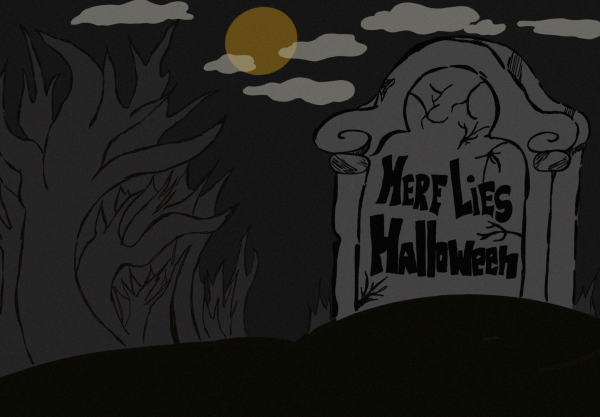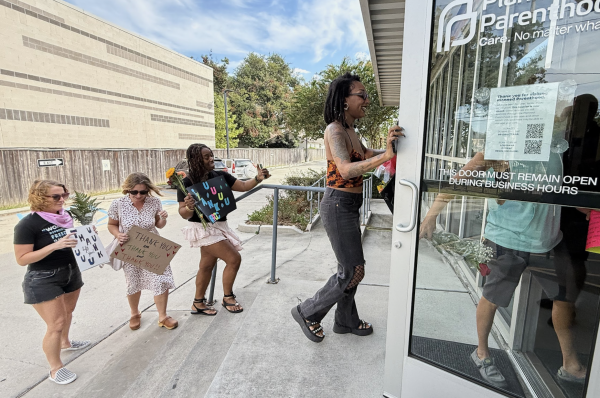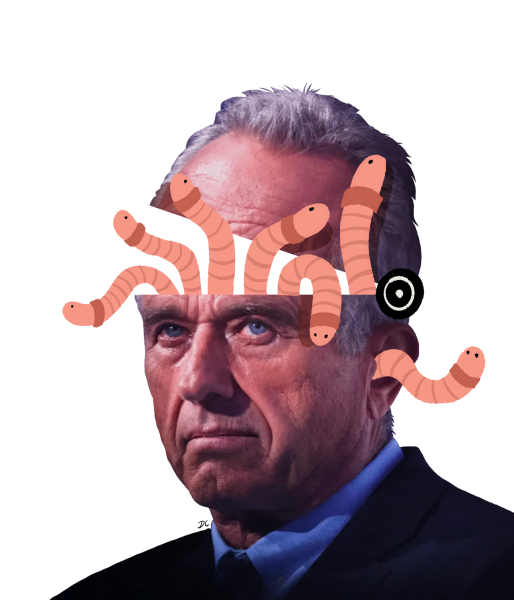OPINION: Cancel culture isn’t real
How many times have you heard someone ask, “Has cancel culture gone too far?”
Probably a lot, right? Hand-wringing about cancel culture has become a mainstay of political discussion across the country. All sorts of pundits and public figures are overwhelmed with concern about the supposed devastation being wreaked on our society by this phenomenon. It’s discussed everywhere from cable news talk shows to newspaper opinion sections (!) to college classrooms.
But there’s a fatal flaw in most of these arguments: cancel culture doesn’t exist.
I know that might sound crazy. It’s become such a ubiquitous buzzword that the existence of cancel culture is taken as a foregone conclusion. All sorts of people — people with many different backgrounds and political beliefs — just assume that the existence of cancel culture is a fact of life. But it’s not.
Those who love to complain about cancel culture would say that in today’s social and political climate, one misstep is enough to ruin your life—that if you say or do just one thing that other people deem problematic, an unstoppable tide of social media backlash will cause you to lose all social capital and be shunned entirely.
But that just isn’t true.
Take, for example, Taylor Swift. Remember when she got “canceled?” You probably don’t.
Back in 2019, Swift was “canceled” for allegedly lying about conversations with Kanye West. There was a huge wave of social media criticism against her, then a huge wave of counter-criticism, and then we all forgot about it.
That incident didn’t end her career. It didn’t make people stop listening to her music. Instead, she’s as successful as she’s ever been. Not only that, but she’s hugely popular among the same young people who are so often blamed for cancel culture.
But perhaps that’s too minor of an incident to use as an example. Let’s look then, to someone more controversial, like Dave Chappelle. When people criticized his recent special “The Closer” for cruel and crude jokes he made about transgender people, conservative pundits immediately cried about him being “canceled.”
But what does it mean that he was “canceled?”
The special wasn’t removed from Netflix. He didn’t lose any of his lucrative contracts. And the controversy is only giving him free press, leading more people to watch his special. If all getting canceled did for Dave Chappelle was give him more money and fame, then how is it really getting canceled?
His story isn’t altogether unique. In fact, it’s pretty typical of what happens when someone gets “canceled.” All they really get is more attention.
Why, then, the incessant hand-wringing?
It’s simple. Crying “cancel culture” is a cop out. It’s a way to defend someone’s behavior without actually addressing it.
It’s hard to defend someone for saying or doing something hateful. It’s easy, though, to whine about cancel culture. That’s why cancel culture is a crutch for hateful people to lean on. Instead of defending someone against allegations of racism or homophobia or whatever they may have done wrong, they can just start complaining about cancel culture, immediately going from defense to offense.
That’s why we need to reject cancel culture discourse. It allows people to avoid talking about the real issues by focusing on something that doesn’t exist.
When we accept cancel culture as a fact, we’re allowing reactionaries to shape our public discourse about ethics and morality. It’s time to shut up about cancel culture and get back to talking about right and wrong.

Daniel Schwalm is a senior English and mass communication double major from Dallas, Texas. This is his fourth year with The Maroon. He has previously worked...











Anonymous • Jan 14, 2022 at 3:46 pm
So last time I checked, the Loyola Maroon is gettting sued for defamation for basically trying to cancel former professor Sonya Duhe…..and now we have an article here telling us that cancel culture doesn’t exist and if you think it does then you need to shut up. Just wow.
i • Feb 20, 2022 at 6:15 pm
Cry about it? Lmao.
Ghostwriter • Mar 27, 2022 at 7:46 am
You completely missed the point. Let me clue you in on something: people and organizations have been criticized, run out business, sued, ostracized by society, or otherwise had to face (fairly or unfairly) some other types of social consequences for their words, actions, lifestyles, choices, or sometimes just for no damn reason at all, since the dawn of human history. That’s why the word “cancel” is so dumb and meaningless. It’s applied when a multimillionaire podcaster faces public criticism and exploits the free publicity to drive subscriptions, and it’s also used when someone loses a job and faces social and economic ruin. Those are VERY different things, which is why describing them both as “canceling” is abjectly stupid, and why you should stop doing it.